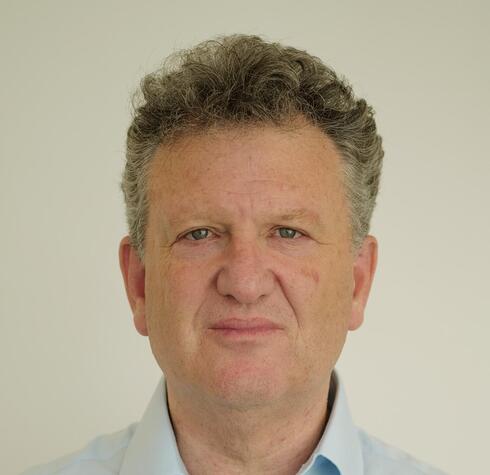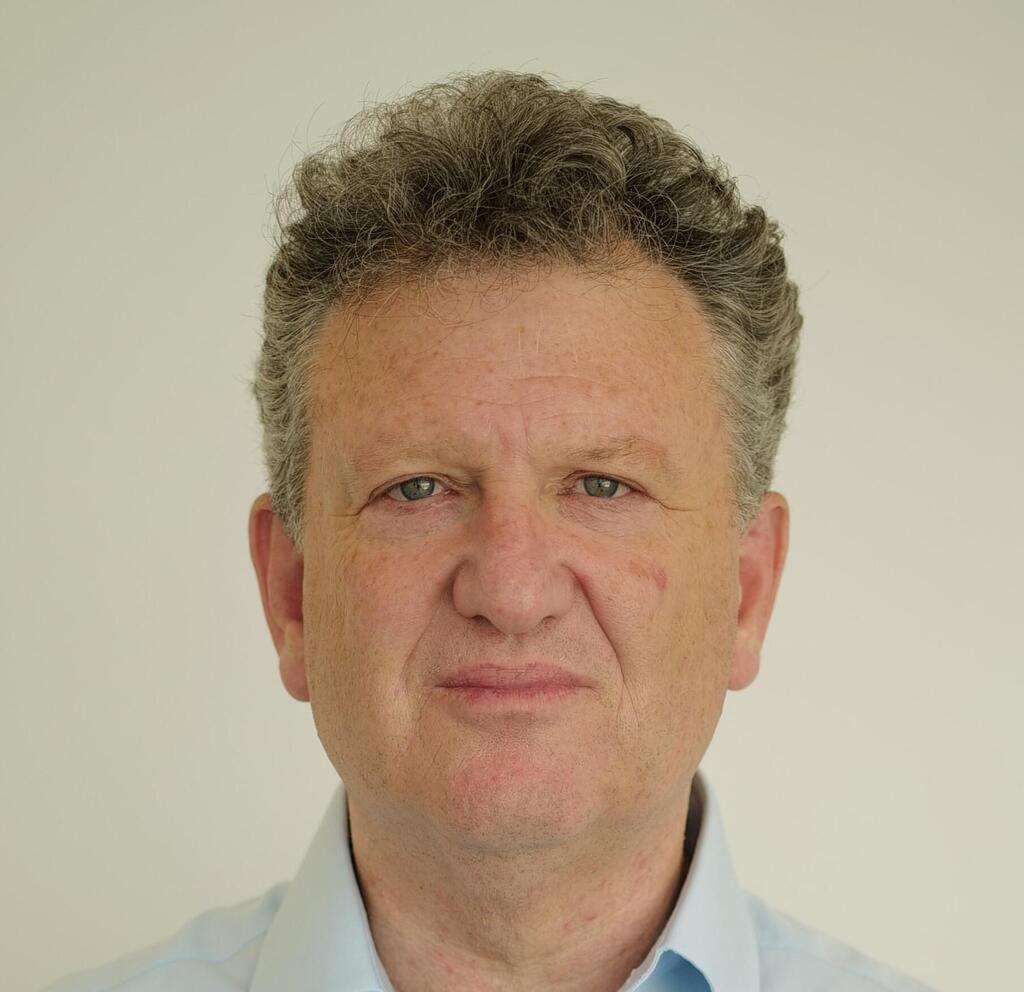
“Investors who have historically invested in Israel continue to invest and, in some cases, have doubled down”
Jonathan Penkin, Managing Director of Goldman Sachs Israel, spoke to CTech about the investment bank’s operations in Israel, where it has been active for over 20 years, and his outlook on the climate for investment in Israeli tech.
“We come to work every day in unusual, even bizarre, circumstances; sometimes we go to the bomb shelter, sometimes I send [employees] home (such as during the Iranian attack), but by and large we are still doing what we do best,” says Jonathan Penkin, Managing Director of Goldman Sachs Israel. Goldman Sachs’ local team consists of 34 employees across global banking and markets, and asset management teams.
“We’re very much a part of the Israeli economy, though we’re certainly not a domestic bank. We’ve had an office here for 20 years and our investment bank team is larger than average for the region, allowing us to execute locally and provide seamless coverage to Israeli businesses, especially in tech,” says Penkin, adding that this ability to provide a local-global presence has become more important to Israeli clients.
Despite the ongoing war, Goldman Sachs has maintained a high level of activity in Israel. “We’ve had no change in our operations here, and that’s the case for all international banks active in Israel,” he says. Penkin notes that the firm had employees in military reserve duty (“miluim”) at the beginning of the year, mirroring the impact felt across the country.
“Our senior leadership has also been exceptionally supportive of the team on the ground, recognizing the impact the situation has on the team. We have been actively discussing how to support the business and continue to grow it. Senior bankers have also continued to visit Israel despite the war, wanting to provide consistent coverage to clients they have worked with for many years.”
Israel’s credit downgrade by Moody’s has had little impact on the firm’s operations or business activity, according to Penkin. “The most recent downgrade has been largely disregarded due to other geopolitical headlines,” he explains, referencing concerns about Israel’s war with Hezbollah overshadowing shifts in credit ratings. “We raised $4.5 billion for the sovereign in private placements; the next private bank raised $800 million. This was a testament to the fact that Israeli debt remains attractive and I believe that investors are still positive about Israel,” he says.
Furthermore, the war hasn’t hindered Goldman Sachs from continuing to invest in the industry. “We did a private placement for AI21 labs this year and completed the remainder of the transaction after the war had started. We have also led most of the high profile M&A in 2024 including for companies like BioCatch, WalkMe and Own. Good companies in Israel continue to attract capital. The war appears to have had less of an effect on raising capital, though the data has been skewed by mega-rounds involving Wiz and others,” Penkin notes.
Penkin says that while growth investing remains challenging due to global market conditions and issues specific to the tech sector post the 2021 boom, Israel’s tech companies continue to attract interest. “The best companies here are still not cheap, but the challenges in growth investing aren’t specific to Israel or the war,” he explains.
In fact, Penkin says that many multinational companies, particularly in the cybersecurity space, are eager to acquire Israeli startups early to avoid competing with giants like Wiz in the future. The demand for Israeli talent and innovation persists, with companies such as SAP, J&J, and Palo Alto Networks making significant acquisitions in recent years. "We’re as busy or even busier than we have been over the last three years," Penkin asserts, adding that planned IPOs for 2025 are proceeding without interruption.
According to Penkin, one of the things bolstering Israeli tech is that “several generations of Israeli entrepreneurs who have made exits and are investing their time in new startups.” Goldman Sachs’ investment banking business in Israel involves working closely with tech entrepreneurs regarding M&As, IPOs and raising capital. In fact, Goldman Sachs is committed to expanding its footprint in Israel, particularly in risk management and capital raising. Penkin sees significant opportunities for international banks to play a crucial role in connecting Israeli businesses with global markets.
In its asset management business, the firm has shifted from investing its own balance sheet to raising third-party funds. Goldman Sachs has historically invested in a number of Israeli companies like Mobileye, CyberArk, AppsFlyer, Redis Labs, and Lightricks, maintaining board positions and an active role in guiding their growth.
In 2023, Goldman Sachs closed a $5 billion growth equity fund that invests globally including in Israel, with a focus on sectors like cybersecurity and enterprise software. A managing director based in Tel Aviv now oversees these investments locally, and frequent visits from partners in Europe and the U.S. emphasize the importance of Israel as an investment destination.
Penkin acknowledges that economic conditions of the state are less than ideal. “The underlying economy is relatively weak. And there is no doubt that companies outside of tech are experiencing challenges,” he says. “Sales of Israeli products overseas have undoubtedly been affected, from small goods like Bamba, to larger products. I don’t expect that to stop in the short term.”
However, Penkin remains optimistic about the state of foreign investment in Israeli tech, noting that, “Investors who have historically invested in this country in the long-term continue to invest at the same pace that they did before and, in some cases, have doubled down. The tech industry has proved itself to be incredibly high quality and resilient. I remain optimistic that Israeli talent and tech will continue to be rewarded. Investment has continued strongly in 2024 and is still stronger than 2023. However, I will caveat my optimism on how long the war continues and what path the country takes afterwards.”














